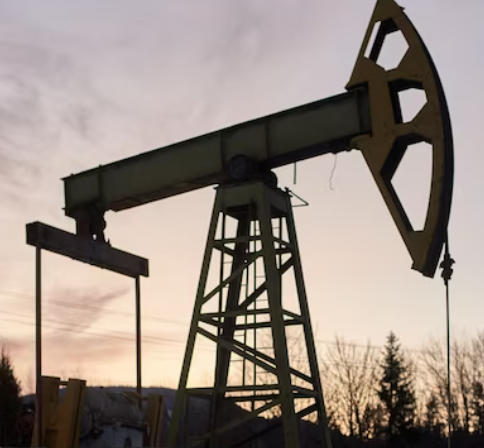#ColoradoOilBan #EnvironmentalPolicy #SustainableEnergy #FossilFuelDebate #ClimateChangeAction #CleanEnergyTransition #OilDrillingBan #EcoLegislation #RenewableEnergy #GreenInitiative
In a groundbreaking move that has ignited a nationwide conversation on energy policy and climate change, Colorado’s Democratic lawmakers earlier this year proposed two ambitious pieces of legislation that could drastically alter the landscape of oil and gas operations within the state. These proposals, aimed at introducing a statewide ban on oil and gas wells, mark the potential for Colorado to lead the United States into unchartered regulatory and environmental territory. The first bill seeks to implement a ban on the issuance of new oil and gas drilling permits, effectively halting the initiation of new oil and gas licenses from 2028 onwards. This bold step towards curbing fossil fuel extraction is complemented by the second proposal, which mandates a significant operational pause, requiring oil and gas companies to halt production for a five-month period each year.
The rationale behind these unprecedented legislative efforts is multi-faceted, rooted deeply in environmental concerns, public health, and the urgent need to combat climate change. By significantly limiting oil and gas extraction activities, Colorado aims to reduce greenhouse gas emissions, protect natural landscapes, and mitigate pollution that adversely affects the health of its residents. These measures are seen by many as essential steps towards a sustainable future, aligning with global initiatives to transition towards cleaner energy sources and decrease reliance on fossil fuels. Furthermore, proponents argue that by setting such a precedent, Colorado can inspire other states to adopt similar measures, thereby amplifying the positive environmental impact on a national scale.
However, the proposals have also aroused considerable controversy and debate. Critics, including many from the oil and gas industry and some political circles, argue that such stringent regulations could harm Colorado’s economy, jeopardize jobs, and disrupt the energy sector, which has long been a cornerstone of the state’s economic fabric. They caution against the potential for increased energy costs, reduced state revenues from the oil and gas sector, and the broader implications of energy independence. This contention underlines the complex balance between environmental stewardship and economic vitality, a debate that is emblematic of broader national and global discussions on how best to address the urgent challenges posed by climate change while ensuring economic stability and growth.
Amidst these diverging viewpoints, Colorado’s legislative proposals have catalyzed a significant dialogue on the future of energy, the environment, and the economy not just within the state but across the United States. As this debate unfolds, it underscores the pressing need for thoughtful policy-making that navigates the delicate interplay between advancing sustainable environmental practices and sustaining economic prosperity. Whether or not these proposals will come to fruition, they highlight a growing recognition of the imperative for transformative action in response to the climate crisis, setting the stage for further discourse and potentially, significant shifts in the approach to energy production and environmental protection in the years to come.







Comments are closed.